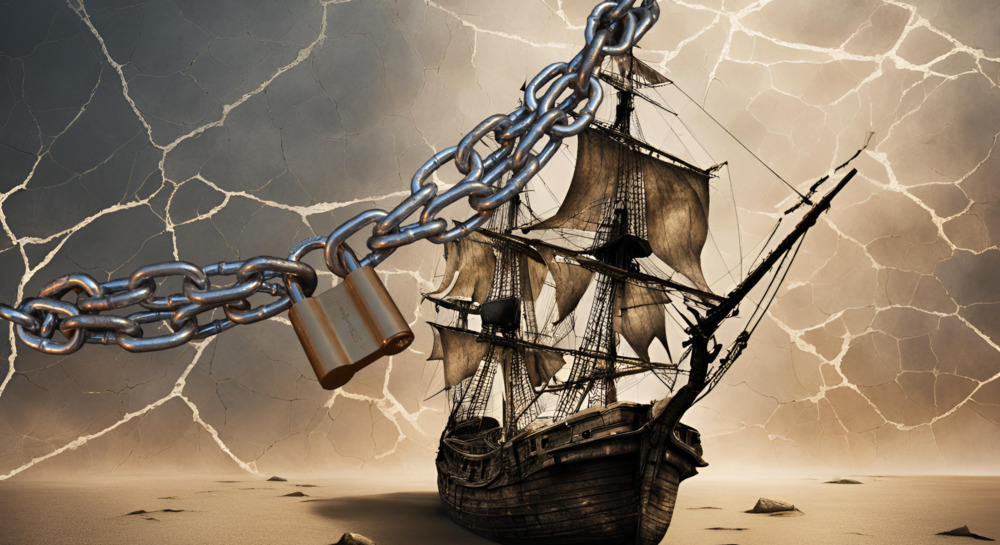Roskomnadzor to Decide on Blocking Pirate Mirror Sites
Russian President Vladimir Putin has signed a law transferring the authority to make decisions on blocking pirate “mirror” sites from the Ministry of Digital Development (MinTsifry) to Roskomnadzor, the federal communications watchdog.
“Now, copies of pirate websites will be blocked at an accelerated pace,” announced Alexander Khinshtein, head of the State Duma IT Committee and one of the amendment’s authors, on his Telegram channel.
How the Process Worked Before
Previously, when a pirate mirror site was discovered online, the information was sent to the Ministry of Digital Development. The ministry had 24 hours to decide whether the site was a copy of a blocked website. A copy of this decision was then sent to the site owner and to Roskomnadzor. After that, Roskomnadzor had another 24 hours to coordinate with hosting providers, telecom operators, and search engines. These parties, in turn, were required to restrict access to the pirate copy and remove it from search results within 24 hours of receiving the information.
What Changes Now
Now, Roskomnadzor will make these decisions independently, streamlining the process. The law takes effect immediately upon its official signing, except for the article requiring all search engines to remove such sites from their search results. Previously, this obligation only applied to platforms that distributed advertising in the Russian segment of the internet. The new rule for all search engines will come into force on October 1 of this year.



